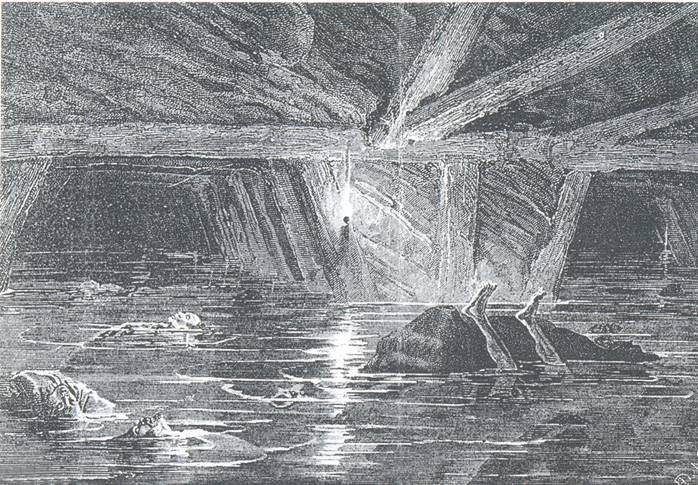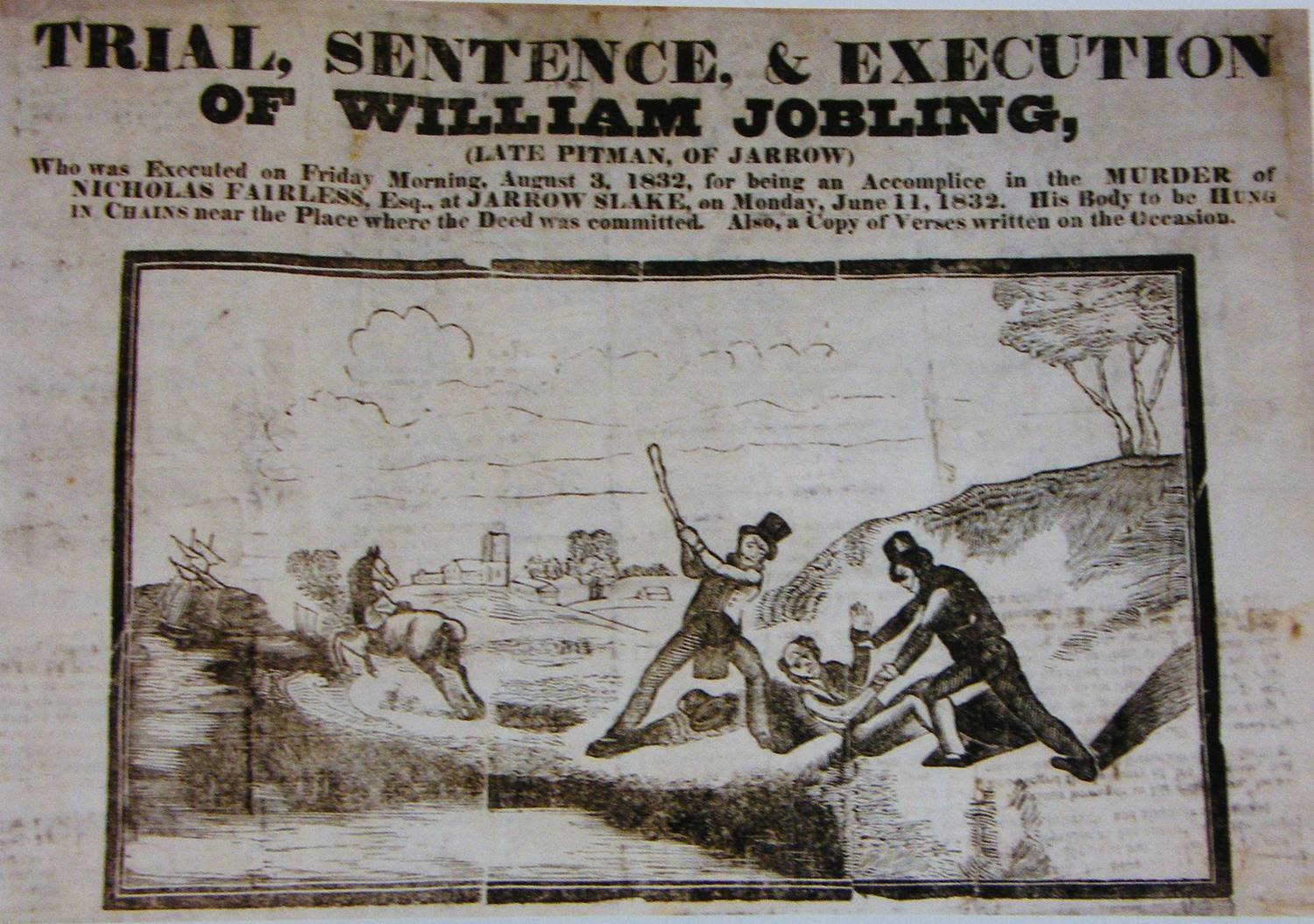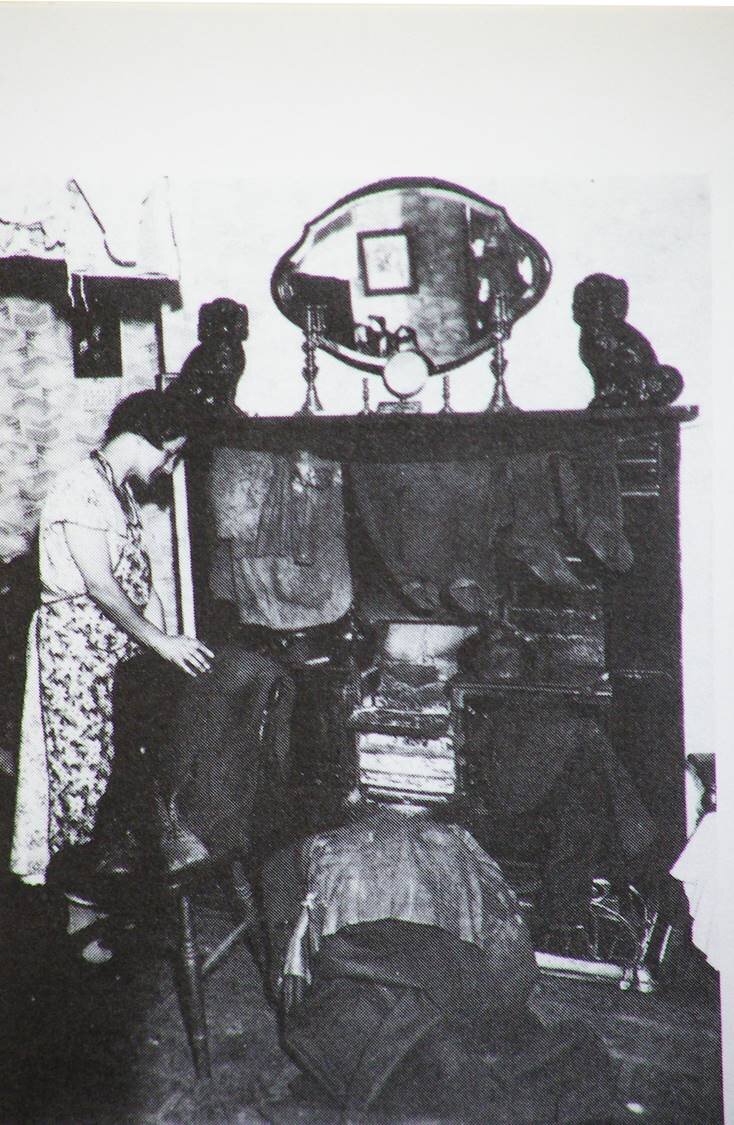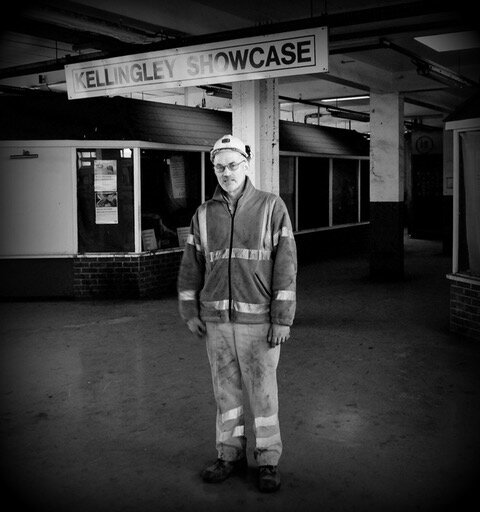Mining Songs
Byker Hill (Version 1)
Whenever we play this song in the East End of Newcastle the locals loved to join in the rousing chorus. It’s their anthem and they know it. Who says folk music can’t appeal to the masses?
Byker Hill (Version 2)
This song has two tunes. Choose whichever you prefer.
The Collier’s Rant
Probably the oldest and certainly the most famous North East mining song. One thing we’ve tried to do is bring out its dark humour.
Heaton Pit Disaster
There have been many pit disasters on Tyneside and this was one of the worst - 41 men and 34 boys died. This spoken word piece, with a background tune provided by John Dowsett, is based on news reports written at the time.
The Execution of Will Jobling (1832)
As the 19th century progressed the miners of Northumberland and Durham slowly became more organised in order to protect themselves from exploitation and in 1832 one of the most notorious events in Tyneside took place by Jarrow Slake. Two miners who were out on strike, Ralph Armstrong and Will Jobling, tried to stop William Fairless, a local magistrate who was riding by. He refused and Armstrong attacked him with a stick and stone. The song tells the rest of the story…
Coal Owner and the Pitman’s Wife (1840s)
In 1844 the miners were on strike again. It was common for propaganda songs to be written as broadsheets and here we have the first of two, this one designed as a warning to colliery owners. It takes the music of a twee folk song but completely changes it by giving it sinister words.
The Blackleg Miner (1844)
This song was intended to intimidate strike breakers from Cornwall, Wales and Ireland, who were being brought into the coalfield by the pit owners.
The Row Between the Cages
A song by the great North East writer, Tommy Armstrong. He was given the title of ‘Pitman’s Poet’ for good reason. Whenever there was a disaster or strike Tommy would write a song in support of the cause. Here he is in lighthearted mood but making a serious point at the same time - the triumph of new technology over the old. Think of new brands of computers replacing the old ones in an office and you have the modern equivalent.
Ee Aye Cud Hew
The first of two great songs from another local (although more modern!) songwriter, Ed Pickford, this song concentrates on the dangers and risks faced by miners as they worked heroically underground.
Farewell Johnny Miner
Another Ed Pickford song which commemorates the end of the mining industry. Now we can look back and perhaps think that it is good that people no longer have to work in the dangerous conditions described in the last song. We also appreciate that burning coal had to stop because of the damage it causes to the environment. However, none of this justifies the way the Thatcher government so quickly and brutally destroyed the mining industry and its communities.









